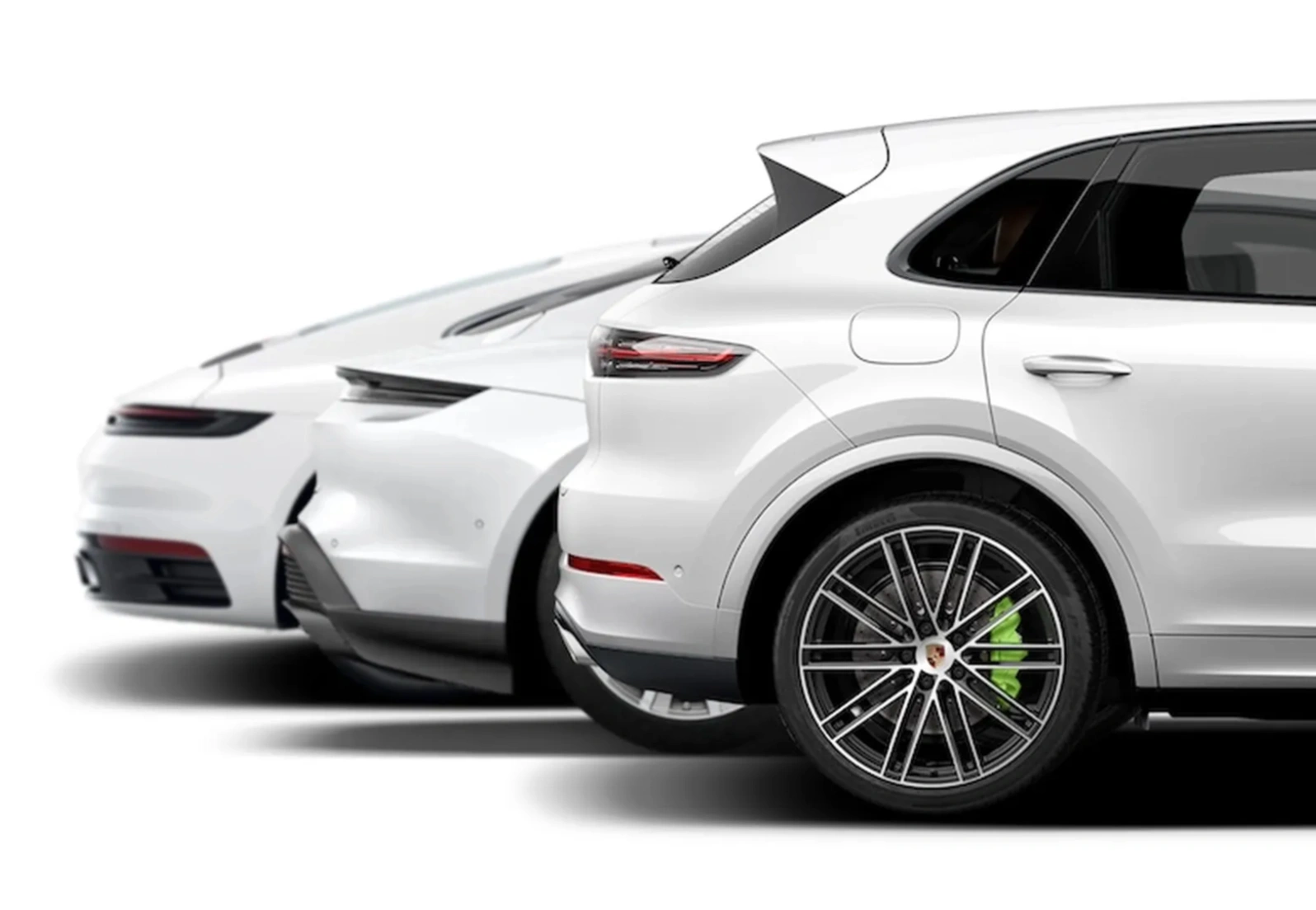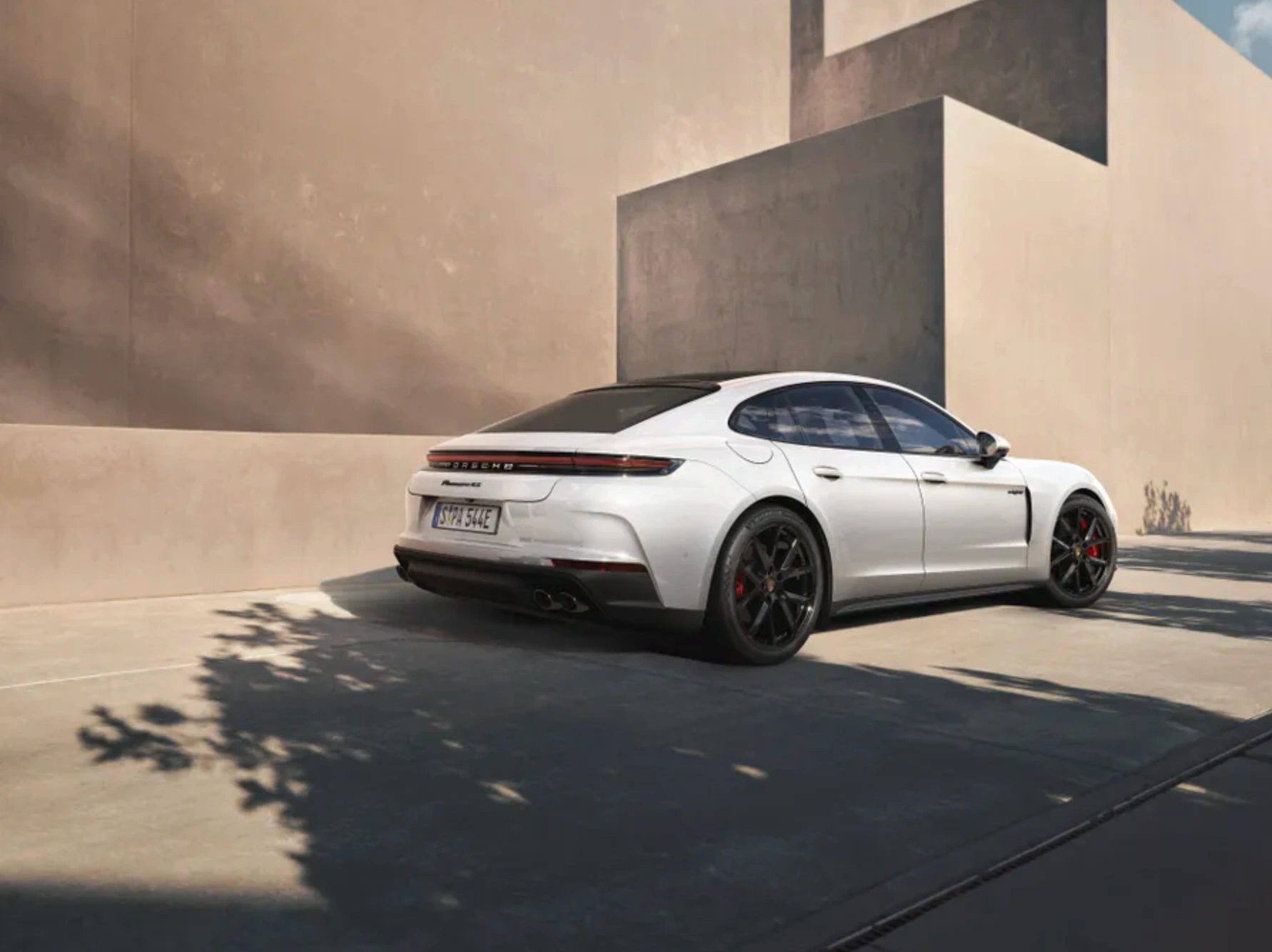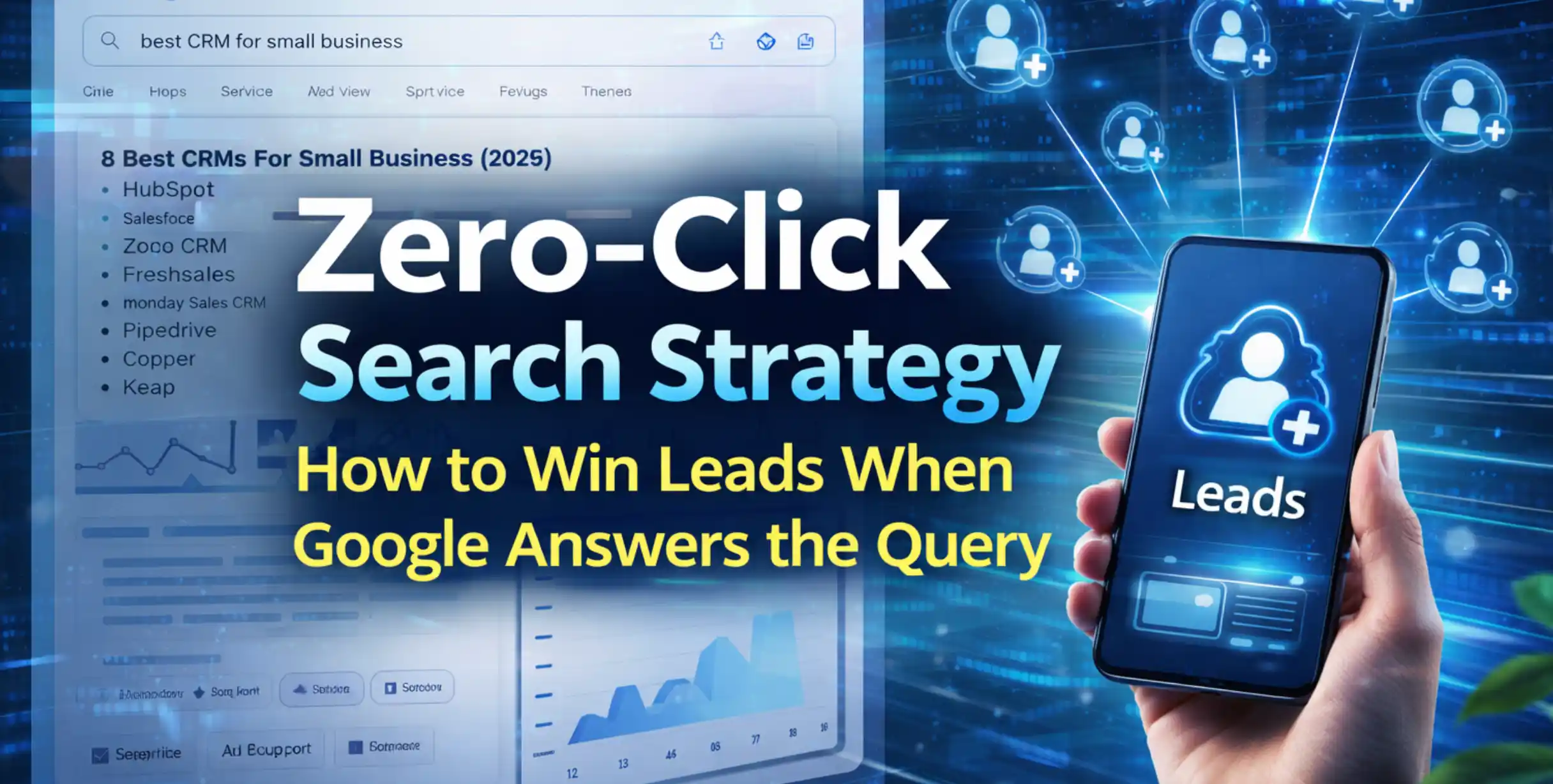Everything You Need To Know About Porsche’s Marketing Strategy in 2026
Updated on
Published on
Since its founding in 1900, Porsche has built high performance sports cars that feel engineered, not decorated. Historically perceived as prestigious, Porsche has worked to soften its image with intensive marketing campaigns since 2010, and it’s paid off. Even with luxury pricing, the brand has expanded cultural reach through social media, digital platforms, and word of mouth marketing that keeps enthusiasts talking long after the test drive.
Porsche operates from Stuttgart, Germany, with a lineup that stretches from icons like the 911 to SUVs like the Cayenne and Macan, plus EV flagships like the Taycan. The reason Porsche marketing works in 2026 is focus. The company protects premium perception by treating every touchpoint as part of one story, from product design codes to how it communicates performance, heritage, and the future of electrification. Porsche’s own strategy language leans into “value over volume” and exclusivity, which sets the tone for how it markets, prices, and distributes. (Porsche Investor Relations)
This breakdown is shaped by the brand, web, and growth work we do at Brand Vision, and it’s built to help founders and marketing teams turn Porsche’s marketing strategy into decisions they can use, whether that’s tightening positioning, refining the customer journey, or building campaigns that feel inevitable in 2026.
Porsche’s brand equity is powered by recognizable design codes, decades of motorsport credibility, and a community that behaves like a membership club. That community effect matters because it reduces acquisition friction. When owners and fans publish their own content, Porsche marketing gains reach without needing to shout. That’s especially important now, when attention is expensive and trust is the real multiplier.

Porsche’s Segmentation Strategy
Market segmentation is a key component of Porsche's marketing strategy because Porsche is not selling “a car,” it’s selling a specific identity. Demographically, Porsche has historically targeted high-income buyers, but the 2026 reality is broader: aspirational buyers want the badge, and Porsche has learned how to welcome them without diluting the brand.
Psychographics is where Porsche's marketing strategy gets sharp. Porsche doesn’t just segment by age or salary. It segments by motivation: performance obsession, design taste, status signaling, and lifestyle identity. That’s how Porsche can speak to someone who wants a weekend sports car and someone who wants a daily SUV without breaking the brand voice.
Geographic segmentation matters because performance, infrastructure, and regulation vary by market. Porsche adjusts product emphasis and messaging accordingly, especially as EV adoption differs by region and charging experience becomes part of the ownership story. A move like building localized tech experiences for key markets is not just product planning; it’s marketing strategy because it shapes what customers feel when they interact with the brand. (Reuters)
Porsche’s Social Media Marketing Strategy
Social media marketing is a cornerstone of Porsche's marketing strategy because it lets the brand scale desire while staying premium. Porsche content rarely feels like a dealership pitch. It feels like a brand universe: design details, heritage, engineering moments, and creator-level visuals that fans repost because it makes them look good too.
Community behavior is the real metric here. Porsche marketing doesn’t win by posting more. It wins by prompting participation: owner photos, track day content, behind-the-scenes clips, and “this is what it feels like” storytelling. That user-generated content becomes social proof, and social proof is the currency that makes premium pricing feel justified.
In 2026, Porsche also benefits from a broader content ecosystem around launches and technology updates. When the brand upgrades onboard experience for next-generation models, that is not just a feature update, it is a story that gives creators and journalists a reason to talk about Porsche again.

Porsche’s Marketing 4P’s
1. Product
Porsche’s product strategy works because the lineup is designed like a portfolio, not a shelf. The 911 remains the halo, but the business scales through SUVs and EVs that bring more buyers into the ecosystem. In 2026, the product story is increasingly electrification plus performance, with models like the Macan Electric expanding the addressable market while keeping Porsche’s driving DNA central. (Car and Driver)
Porsche also protects product prestige by keeping innovation visible. The brand’s tech moves, charging improvements, and platform evolution are marketed as proof of engineering leadership, not trend chasing.
2. Price
Porsche pricing is a brand behavior, not just a finance decision. Premium pricing signals status, and Porsche marketing reinforces it through design consistency, performance credibility, and scarcity logic. Porsche’s “value over volume” posture supports this because the brand is not trying to be the most common choice, it is trying to be the most desired choice. (Porsche Investor Relations)
In practice, Porsche uses configuration and options to let buyers personalize identity while keeping base pricing premium. That helps Porsche marketing hold margin and makes ownership feel like a tailored experience rather than a transaction.
3. Promotion
Porsche promotion is rarely discount driven. It is narrative driven. Porsche marketing uses brand codes like heritage, motorsport, and design purity to keep its messaging consistent even as products evolve. It also uses philanthropy, cultural partnerships, and digital storytelling to broaden appeal while still feeling elite.
Promotion in 2026 also includes how Porsche frames strategic moves, not only ads. When Porsche updates product strategy or guides investors on profitability expectations, it signals discipline. That discipline supports brand trust, and brand trust supports premium pricing. (Porsche Investor Relations)
4. Place
Porsche distribution is built to protect the experience. The dealership journey, brand environments, and controlled retail presentation keep the brand from feeling ordinary. Place also includes where Porsche chooses to show up culturally, such as premium events, performance settings, and partnerships that match the brand’s identity.
In 2026, place is also digital. Website experience, configurator flow, and the ability to make decisions quickly are part of modern luxury. When the digital journey feels slow or unclear, luxury turns into friction.
Porsche’s Marketing Analysis
Targeting and Digital Marketing
Porsche’s marketing strategy targets a privileged audience while broadening reach through identity based storytelling. Porsche’s best digital marketing is not “we made a new feature.” It is “this is what ownership represents.” That is why Porsche can recruit younger buyers without rewriting brand DNA.
Digital marketing also becomes stronger when it is tied to real product moments. EV updates, technology changes, and market specific innovation create content narratives that feel newsworthy and shareable.
-1.webp)
Competitor Analysis
Porsche’s closest competitors remain Ferrari, Lamborghini, Aston Martin, and ultra luxury performance names that compete for attention, not just sales. The important insight is that Porsche does not need to win every comparison. Porsche marketing strategy wins by being the “dailyable dream,” meaning performance and prestige that feels usable more often.
SWOT Analysis
Porsche’s strengths are clear: iconic design codes, engineering credibility, and brand loyalty that behaves like a community. Weaknesses often show up when price limits reach during downturns. Opportunities are expanding EV performance leadership and capturing buyers who want sustainability without giving up status. Threats remain competitive pressure in luxury, macroeconomic softness, and the risk that EV transitions feel less emotional if storytelling does not keep pace.

Advertising Campaigns That Crafted Porsche’s Brand Narrative
Porsche advertising works because it sells feeling first and product second. The brand uses cinematic driving sequences, dramatic landscapes, and design close-ups to make viewers feel the sensation of control, speed, and confidence. Print advertisements and billboards reinforce that with minimal copy, maximal imagery, and taglines that protect the idea of Porsche as the benchmark.
Campaign history matters because it shows Porsche marketing strategy has long protected one core belief: there is no substitute. That kind of claim only works when every touchpoint supports it. Porsche’s modern campaigns continue that pattern by blending heritage with new era technology, especially around EV launches where Porsche must prove that electrification can still feel thrilling.
Porsche also benefits from strategic storytelling around product innovation and long-term direction. When the brand communicates vision and transformation clearly, advertising becomes more believable because it aligns with corporate reality. (Porsche Newsroom)
Porsche’s Vision For 2030
Porsche’s Vision 2030 messaging is fundamentally a brand narrative. It frames Porsche as the brand for people who follow their dreams, then backs that with commitments across customers, society, employees, and investors. Strategically, Porsche continues to position itself around exclusivity and value creation, while communicating electrification goals and sustainability commitments as part of the future Porsche identity. (Porsche Newsroom)
From a marketing lens, the most important part is coherence. If Porsche wants to be recognized as the most exciting global brand while shifting product mix, the brand must make the EV future feel emotionally consistent with the gasoline legacy. Financial targets and profitability expectations reinforce that Porsche intends to stay premium, not compete on volume. (Porsche Investor Relations)

What You Can Apply To Your Own Brand
- Build one clear positioning sentence and use it as a filter for every campaign, page, and post. If a message does not reinforce the same promise, it is noise.
- Treat your product experience as marketing. Your onboarding, checkout, packaging, and support are all brand moments, and they compound trust faster than ads.
- Use community as a growth engine. Create simple prompts that invite customers to share their experience, then highlight that content consistently.
- Make your brand codes repeatable. Porsche has recognizable cues that show up everywhere. Your brand can do the same with tone, visual identity, and message structure.
- Anchor your marketing strategy in proof. Tie your story to real product moments, real outcomes, and real customer behavior, then make that evidence easy to find.
How Business Owners Can Apply Porsche’s Marketing Strategy in 2026
Porsche’s marketing strategy works because it stays disciplined about what the brand stands for, then builds every touchpoint around that promise. For business owners, the lesson is not to copy luxury cues. It’s to build a system where your positioning, product story, and customer experience all say the same thing, consistently, in every channel.
Start with clarity. Porsche wins by being specific about the buyer it serves and the feeling it sells, then designing messaging that fits that audience. If your positioning has drifted, revisit your foundations with a branding agency that then pressure tests it through a sharper brand strategy before you invest in more content or ads.
Next, make the experience match the promise. Porsche reinforces trust through design consistency and a controlled customer journey, which is exactly how smaller brands can look bigger than they are. That means translating your positioning into a site experience that loads fast, reads clean, and guides people to action with zero friction, often starting with a strong web design agency build and a conversion focused UI UX design agency.
Finally, treat marketing like a compounding asset, not a string of posts. Porsche earns momentum through community energy, repeatable storytelling, and audience participation, which maps directly to consistent content, smarter distribution, and measurable improvements over time. If you want to turn that into a plan you can execute in 2026, pair your content with a focused SEO agency, then validate what’s working with a structured marketing consultation so your next quarter isn’t guesswork.
.webp)









